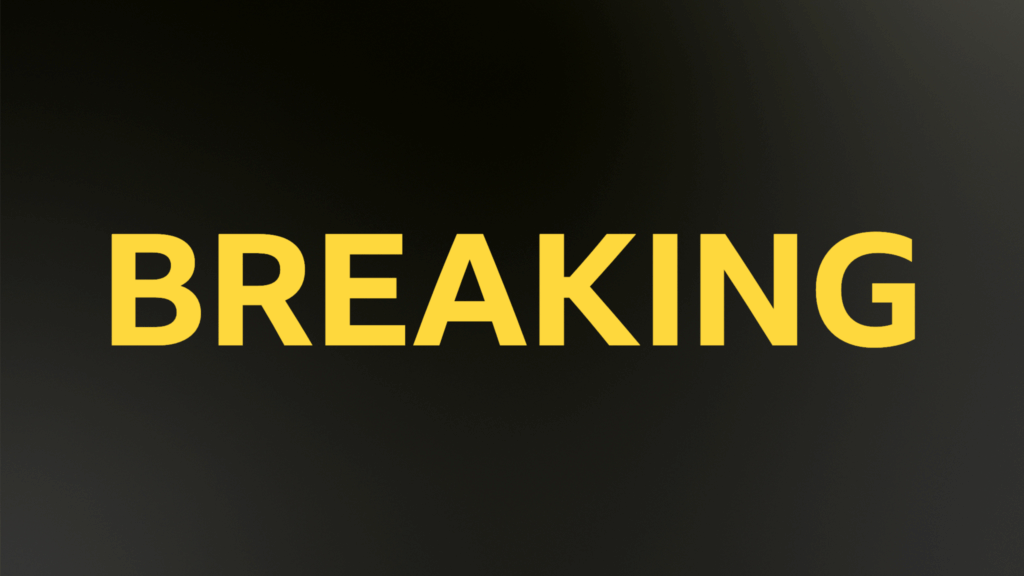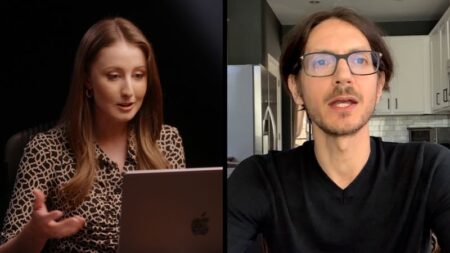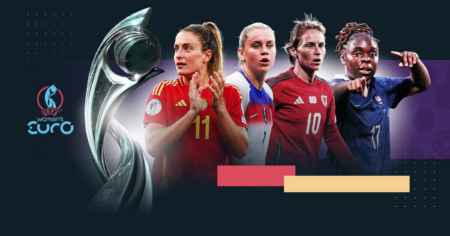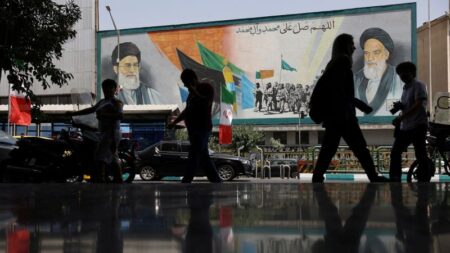The future of Crystal Palace’s Europa League aspirations has recently been clouded by uncertainty as UEFA has opted to delay their decision regarding the team’s eligibility for next season’s tournament. Crystal Palace earned their place in the competition by clinching the FA Cup title last season, but complications arising from UEFA’s multi-club ownership regulations have cast a shadow over their qualification.
The crux of the issue lies with the club’s co-owner, John Textor, who holds a 44% stake in Crystal Palace while also being a part-owner of French club Lyon. UEFA’s rules stipulate that clubs under shared ownership cannot compete in the same European tournament. In a bid to address this conflict and facilitate Palace’s participation, Textor has made the decision to sell his stake in the club. His move is significant as it reflects the commitment of the club’s management to ensure that they comply with UEFA’s regulations and maintain their hard-earned position in European football.
Initially, a resolution to this dilemma was anticipated on the approaching Monday, providing much-needed clarity ahead of the upcoming season. However, the situation took an unexpected turn when Lyon faced demotion to Ligue 2 due to severe financial setbacks. This development raises questions both for Lyon as a club and for Crystal Palace, especially in the context of their shared ownership. As Lyon gears up to appeal the demotion decision, reports indicate that they have acknowledged their relegation and are prepared to surrender their Europa League slot should their appeal be unsuccessful.
Given these intricate dynamics and the stakes involved, UEFA has prudently decided to postpone its decision on Crystal Palace’s fate in the Europa League until after Lyon’s appeal is resolved. The outcome of Lyon’s appeal could have far-reaching implications not only for the French side but also for Crystal Palace, whose fans and stakeholders are certainly awaiting clearer footing regarding their European ambitions.
The situation encapsulates the complexities of football ownership and regulatory frameworks that govern participation in prestigious tournaments like the Europa League. For supporters of Crystal Palace, the stakes could not be higher, as competing on the European stage offers financial benefits, exposure, and the chance to test their mettle against some of the best teams in Europe. The delay creates a sense of anxiety within the fan base, as the ongoing uncertainty over their club’s future in international competition continues to loom.
As the football world watches closely, the discussions surrounding Crystal Palace’s situation highlight not only the challenges of adhering to UEFA regulations but also the broader impact of ownership structures on clubs’ competitive realities. With important decisions pending for both the Eagles and Lyon, the next steps will be keenly awaited by all involved. Crystal Palace’s management is now on high alert, hoping for a resolution that will allow them to take their rightful place in the upcoming season’s Europa League competition.
In summary, the saga of Crystal Palace’s journey to the Europa League emphasizes the intersection of club ownership, financial health, and regulatory compliance, a theme that resonates across the football landscape. As fans remain hopeful for a positive outcome, the next chapter in this unfolding story remains to be written, with more updates expected as the situation develops.











